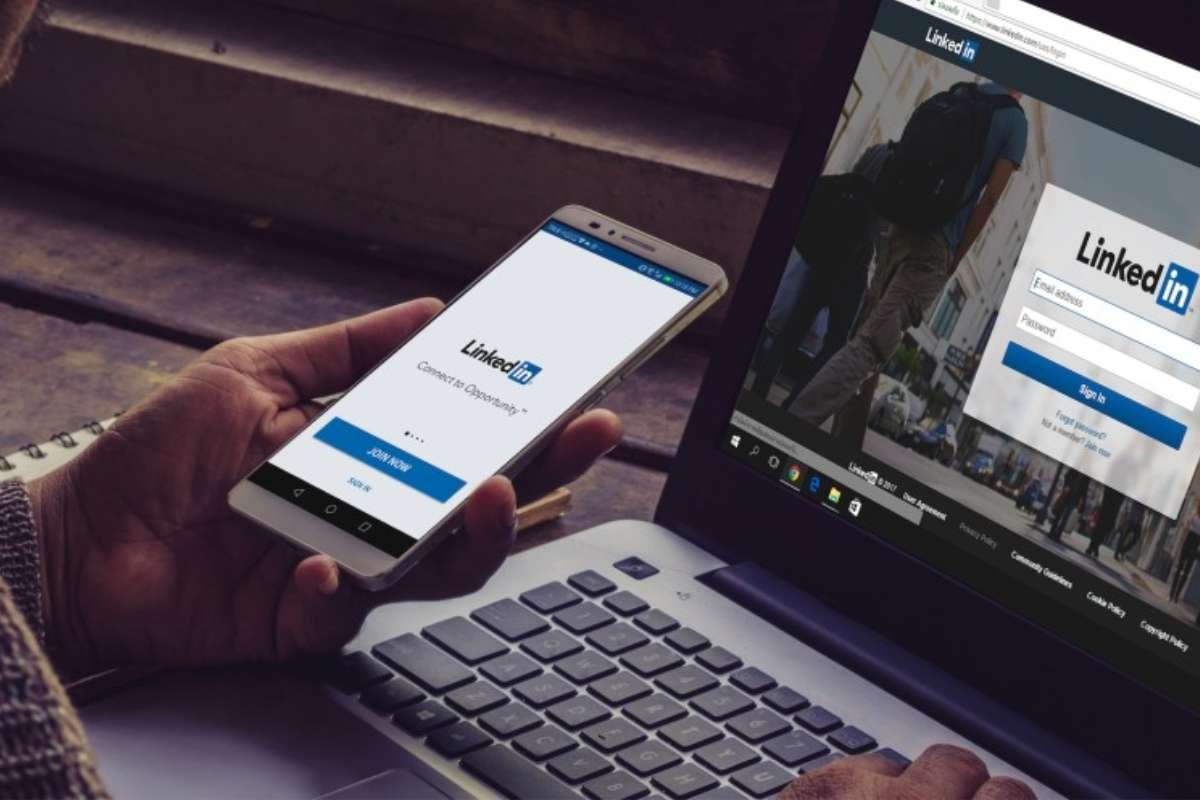Are You Without Health Insurance? If yes, then this article is for you. You will understand what’s the worst thing that could happen if you are without health insurance.
Even though Americans are less likely to without health insurance, many still lack insurance. The Affordable Care Act (ACA) passage allows millions to choose a government-subsidized healthcare plan. Many consumers are not eligible for subsidies, and many who qualify have decided not to participate.
According to the National Health Interview Survey (NHIS), 9.7%, or 31.6 million adults of all ages, did not have health insurance in the first half of 2020. The survey results showed that while the without health insurance rate fell in 2019 (33.2 million people of all ages and 10.3%, respectively), the coverage difference was insignificant.
The Affordable Care Act repealed the tax penalty portion of the Affordable Health Care Act, which means that individuals and families who don’t have insurance will no longer be taxed.
1. Absence of medical services
If are You Without Health Insurance, then medical services are absent. Contrary to popular belief, health providers are not required to provide services to patients without insurance. Only emergency departments are legally obligated to provide care.
According to the National Center for Chronic Disease Prevention and Health Promotion, six out of ten Americans have been diagnosed with chronic conditions such as high blood cholesterol or obesity. The Transamerica Institute found that 66% of without health insurance people had a chronic disease. Ninety per cent (or $3.8 trillion) of annual healthcare spending in the United States is spent on people with chronic illnesses and mental disorders.
Key Takeaways
- Both individual-based and employer-based health insurance are experiencing an increase in costs.
- Americans are not taxed if they don’t have health insurance. If you are an American looking for better options, you can consult health insurance brokers Maryland for better coverage.
- A large percentage of American bankruptcies are due to medical debt.
- Access to high-quality primary care is crucial. However, doctors can refuse patients who don’t have insurance or can pay out-of-pocket expenses.
2. Medical Debt
If Are You Without Health Insurance, then Medical Debts happen. A serious accident or health problem that requires emergency care or expensive treatment can lead to poor credit and even bankruptcy.
Dylan Roby, an associate professor of health service administration at the University of Maryland School of Public Health, says that a cancer diagnosis, a car accident, or even broken legs can all cost thousands of dollars.
De La Torre says medical debt has been the number one cause of personal bankruptcy for many years. Even if medical debt does not end in bankruptcy, it can still cause financial hardship for consumers.
A recent study published in the Journal of the American Medical Association found that 17.8% of people had medical debts in collections as of June 2020.
According to the Kaiser Family Foundation, consumers with large amounts of medical debt are less likely than others to be able to save money. They also tend to be more likely to borrow money or forgo necessities.
3. No More Tax Penalties
The 2018 ACA tax penalty for adults was $695, and for children, it was $347.50. This was 2% of an individual’s annual income or 695 for adults. Former President Donald J. Trump signed the Tax Cuts and Jobs Act on December 22, 2017. It repealed the ACA tax on Americans who refused to buy health insurance.
If Are You Without Health Insurance then in US Americans are no longer taxed. Individuals and families who decide to forgo health insurance are responsible for their risks.
The bottom line
Even with insurance, healthcare is costly. But, people who do not have insurance will be in a worse position. Two major reasons to get coverage are the inability to seek treatment and the burdensome medical bills.





